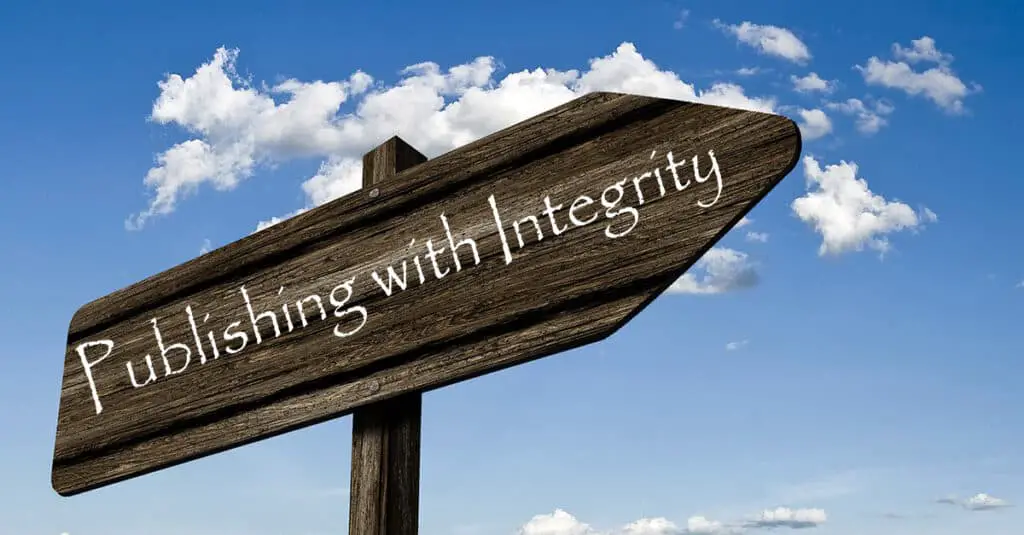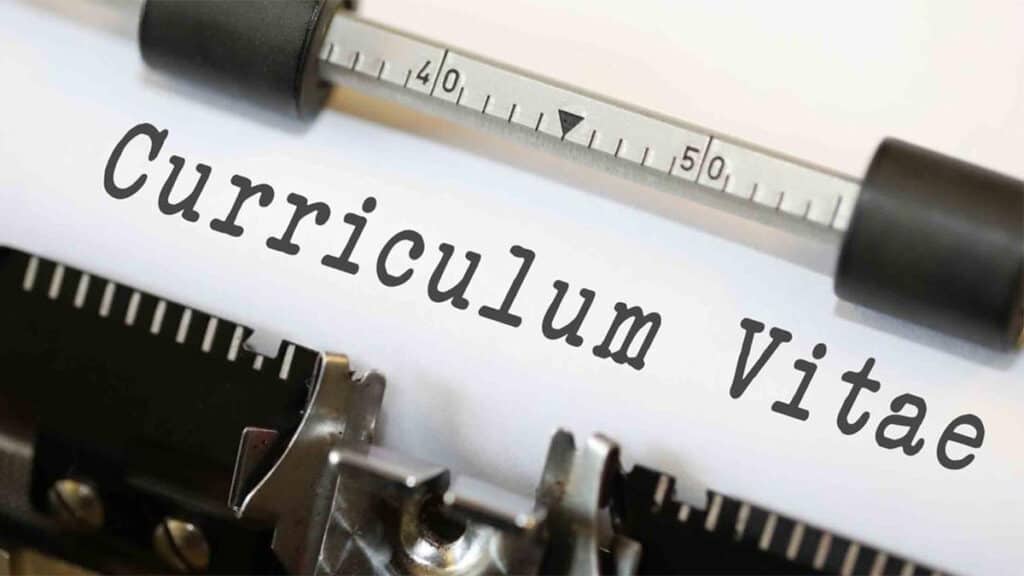When we started this web site, along with our Twitter feed, it was focused on fake journals. That was supposed to really cover predatory publishing but, in our naivety, we thought they were the same thing (we now know differently).
Since those early days (we started in 2018), we have really focused on predatory journals and publishers. We are grateful for the interaction we have had and for the great support from the community.
We are now going to change direction a little, which we’ll say more about later but first let’s discuss the elephant in the room.
Why do we remain anonymous?
We know that being anonymous can be frustrating for some (us included) but we realize that we only have one opportunity to go public and reveal who is behind this initiative. Suffice to say, it is something that is always in the back of our mind, the burning question being, “Could we have more impact if you knew who was behind this web site and our Twitter account?“
The reasons we remain anonymous include:
- We do not want to go through the trials and tribulations that Jeffery Beall went through, and which we have seen others going through in more recent times. Publishers have access to resources (financial and legal) that we do not have, so any legal challenge would pose a serious threat, not just financial but also the mental strain it would place on us.
The upsides of revealing who we are include:
- We try not to make accusations, rather present facts. Some may see what we present as biased, but we try to be fair. We are aware though that what we say is not backed up by an academic reputation we may, or may not have. Perhaps (big perhaps) if you knew who we were, what we say may be better received.
- It would be easier to operate on other platforms, such as LinkedIn and Facebook; as well as Twitter and a web site. At the moment, it is much more difficult to be anonymous on some platforms than it is on others.
- We recognize that it may be easier to get funding for our work, if the funders knew who we were (of course, they may not want to fund us if they do know who we are :-)). At the moment this initiative is totally self funded, which is a struggle at times both financially and in terms of the amount of time it takes.
- Other platforms, and bloggers, who also write about similar areas that we address do make themselves known so, perhaps, we should not be so worried? It would be interesting to hear the experiences of others.
- If our identities were known, we could write papers and mention that we are affiliated with this initiative and even reference the data that has been collected. If nothing else, it would promote the work that we are doing (assuming the peer reviewers agreed with the way that this was being done).
- We have published some papers in the areas that we address but this is not done with reference to our work here. It would be nice to be able to state that we also manage this initiative.
- If we have the trust of the community, there may be opportunities to work with others in advisory capacities, perhaps mentoring, writing reports, acting as independent assessors etc.
- We might be able to produce our own reports, guidelines and advisory papers. Of course, we could do this now, but they would carry a lot more weight if the authors were known,
Having got that out of the way, we can now say more about our change of direction
Predatory publishing is not the only problem
Over the past few months, we have been posting, and writing about, other topics, not just predatory publishing and we have also been thinking about other (potentially) unethical practices. In fact, we briefly touched on this in one of our posts a few months ago.
Given that previous article, our more recent posts and after a lot of thought, we are going to (formally) broaden the topics we cover. For example (and some of these will overlap with others), we are now going to look at:
- Predatory publishing
- Fake journals
- Cloned journals
- Issues brought about by open access
- Open science
- Paper mills
- Selling authorships
- Citation manipulation
- Reviewers exerting pressure
- Authoring too many papers
- Not acknowledging help received
- Fake and/or non-transparent impact factors
- Claims that memberships are a signal of quality, when they are not (e.g. DOI, ISSN, Scribd, Google Scholar)
- Use and misuse of generative AI
- Comment on retracted papers
- Plagiarism
- Two tier review systems
… there will be (many) others. In fact, let us know if you can think of any other topics that fall under the broad heading of “Publishing with Integrity“.
Why do this, predatory publishing is a big enough problem?
It is true that predatory publishing is a huge problem and we could easily just focus on that and we could have enough to write about (sadly) for many years to come.
However, predatory publishing is just one area that we need to worry about. If, through this web site/Twitter account we managed to help eliminate predatory publishing, there would be many other issues that would still need to be dealt with. Therefore, we want to be more far reaching than we have been to date or, at least, make it a little more formal that we will also look at these other areas, as we have been doing so already.
The change in direction
We have outlined the areas that we will now cover, but the question remains – what should we now call ourselves.
Our Twitter handle is @fake_journals, and we will not change that. At least we can’t change that, without starting a new Twitter account – which we don’t twant to do.
The name of the Twitter account is currently “Predatory Publishing“, but we will change that to “Publishing with Integrity“, with a tagline of “The ethical landscape of scientific publishing.” We will also reflect these changes on our web site.
In fact, by the time we post this article, these changes will have already been made.
Final remarks
We hope that this change in direction will be welcomed. We will not stop looking at predatory publishing, after all, we have spent the last five years addressing this topic and we do not want to waste that investment, but we hope that the attention we can also give to other areas will be welcomed.
Let us know what you think?


